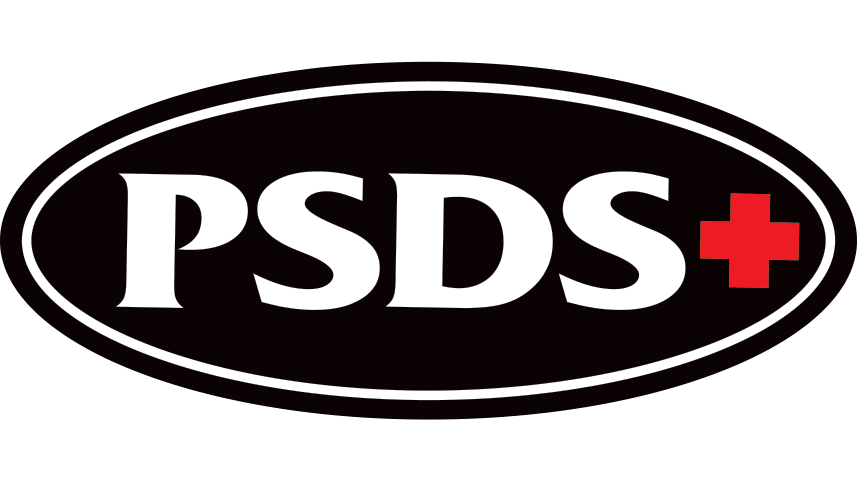At some point, your department will need a qualified instructor for various water related specialties that may include dive operations, moving water dive operations, large area searches, sonar sector and side scan, surface water operations, swift water, ice rescue operations just to name a few water related special operations that require specific training. In addition to water related training, you may have a need for trench rescue, high angle ropes and confined space instruction.
There are several items that you should look for when choosing a qualified professional, whom you will ultimately put your trust and confidence in. These qualifications include experience, the training agency, and standards they adh ere to, the instructor’s ability to relate to the students, how thorough are the instructor’s teaching methods and will the instructor advocate taking short cuts?
Let’s examine why these are important when choosing your next water operations instructor.
One of the most critical items to consider will be the amount of experience the instructor has. Is this individual a novice? Does the prospective instructor have real life experience with the subject they intend to teach? Through years of experience, a qualified instructor can prepare students for inevitable pitfalls and share wisdom from their participation in actual hands on incidents and training. Many novice instructors begin teaching after a few classes on the subject, they have no actual experience with what they are teaching. New instructors often put students at risk simply by lack of experience, judgement and knowledge. Instructors should be willing to continue learning. So, when the instructor proclaims to know it all, you should beware! As professionals, we should constantly be evaluating each individual and each class on its own merits. There is never a one size fits all, cookie cutter class. Ask every instructor for their resume and follow-up with the instructor’s references. Reputable instructors should freely share their qualifications with those they plan to instruct and train so an informed decision can be made. Look for a humble instructor who is willing to listen and is still willing to learn.
Pay attention to the training agency with which the instructor is affiliated. There are many training agencies in the industry such as PADI, NAUI, ERDI, DRI, LGS, Rescue 3 just to name a few. All agencies have their own set of standards that will govern how the instructor may teach. Each agency will have a specific student to instructor ratio, as well as specifics for each course the instructor is teaching. Most training agencies will also follow a higher guideline or standard such as NFPA, Pro Board or IFSAC accreditation standards. It depends on what your department is looking for and requires for their training specifications.
One of the biggest problems and a huge “red flag,” is that the instructor takes shortcuts? Many instructors in the business of training public safety have done the same repetitive drills for many years, it gets tiresome, some will inevitably take shortcuts. Quite simply, shortcuts may kill you. Public Safety Dive Services believes in being thorough, even though it requires more time. Everything we do in our training is based on building blocks. We thoroughly cover every step, the small items which might be perceived as inconsequential, but maybe the difference between life and death in an actual training or real life rescue. Shortcuts only compound the problem and this will result be inadequately trained personnel that will not have a thorough understanding of why they are doing what has been asked of them.
Bottom line, when it comes to training we will all respond to a real life emergency, exactly the same way we were trained to, often times even using the same nomenclature as the instructor. Life is priceless, so don’t skimp financially when it comes to your department’s instruction. Getting someone certified does not always mean they are qualified. Search until you find the right instructor, an instructor who is not only knowledgeable and humble but puts your safety as their number one priority.

